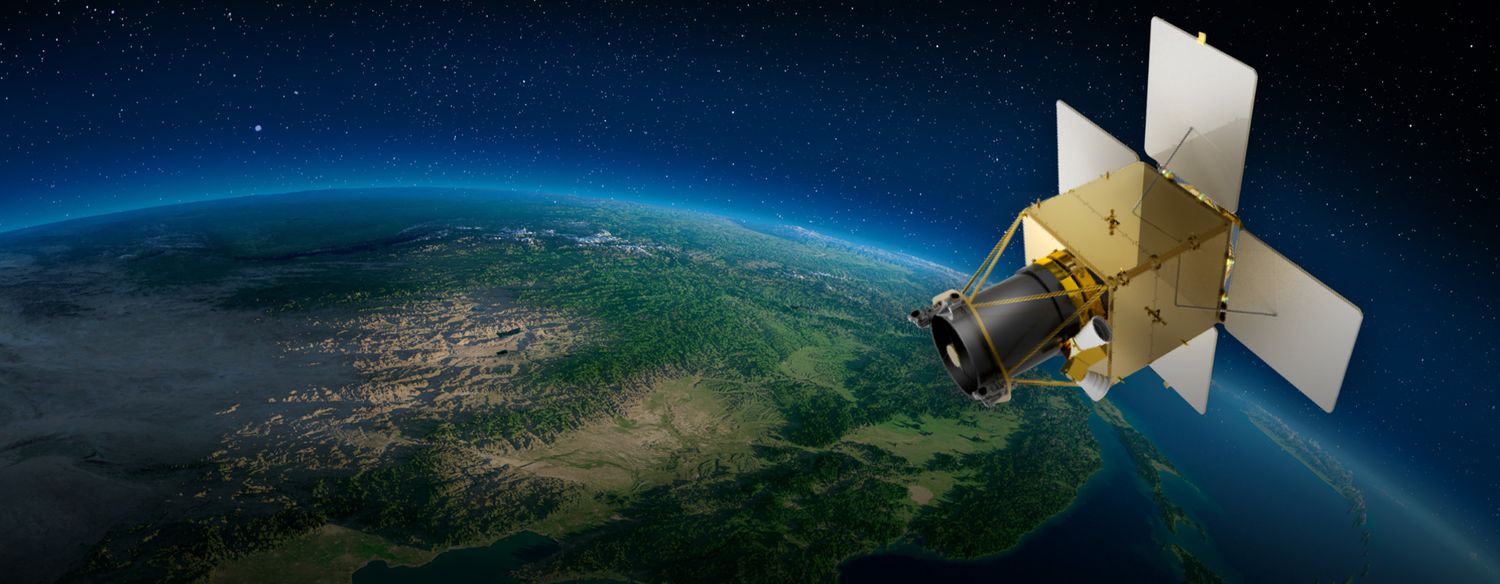KAI hires Space X to launch its future Earth observation satellite
Korea Aerospace Industries (KAI) reported the signing of an agreement with SpaceX for the launch and put into orbit, in 2023, of its future medium weight Earth observation satellite.
According to the KAI statement, the selection of SpaceX was not only guided by the high success rate and low relative costs of the North American company, but also strategic cooperation options for the regional market are being analyzed.
KAI´s CFO Executive Vice President, Kim Jeong-ho, met with a senior SpaceX official in the US in May to discuss its entry into the Asian market and confirmed the possibility of a joint cooperation between KAI and SpaceX.
KAI became the first private company in Korea to be responsible for the development and launch of a new next-generation standard medium weight (500 kg) satellite platform.
It is a constellation of 5 satellites, the first of which was launched in March this year by the Korea Aerospace Research Institute. KAI will oversee all processes from production to the launch of Units 2 through 5.
KAI plans to launch satellite No. 2 early next year, and develop No. 3 (for space science and technology verification), No. 4 (for observation of agricultural and forestry conditions over large areas), and No. 5 satellites (for C-band radar imaging of water resources) should be launched in 2025.
The space area is of great importance for the long-term strategy of the South Korean aerospace giant, which seeks to develop the business of satellite image analysis services.
KAI plans to establish a cooperative system with domestic and foreign companies to solidify its position as a leading domestic space company and make the leap as the best aerospace company in Asia.
«We are considering mergers and acquisitions or strategic alliances to analyze satellite imagery and provide high value-added services, such as climate and land (information) management,» said Changheon Han, managing director of KAI.3’s future business division.
KAI is the only Korean company capable of mastering all satellite production processes, from design, component manufacturing, assembly, as well as testing and certification.
The company completed the construction of the largest private space center in the country, which can simultaneously produce more than 20 ultra-small satellites, with which KAI keeps 40% of the value of the Korean space market.




Comentarios
Para comentar, debés estar registrado
Por favor, iniciá sesión